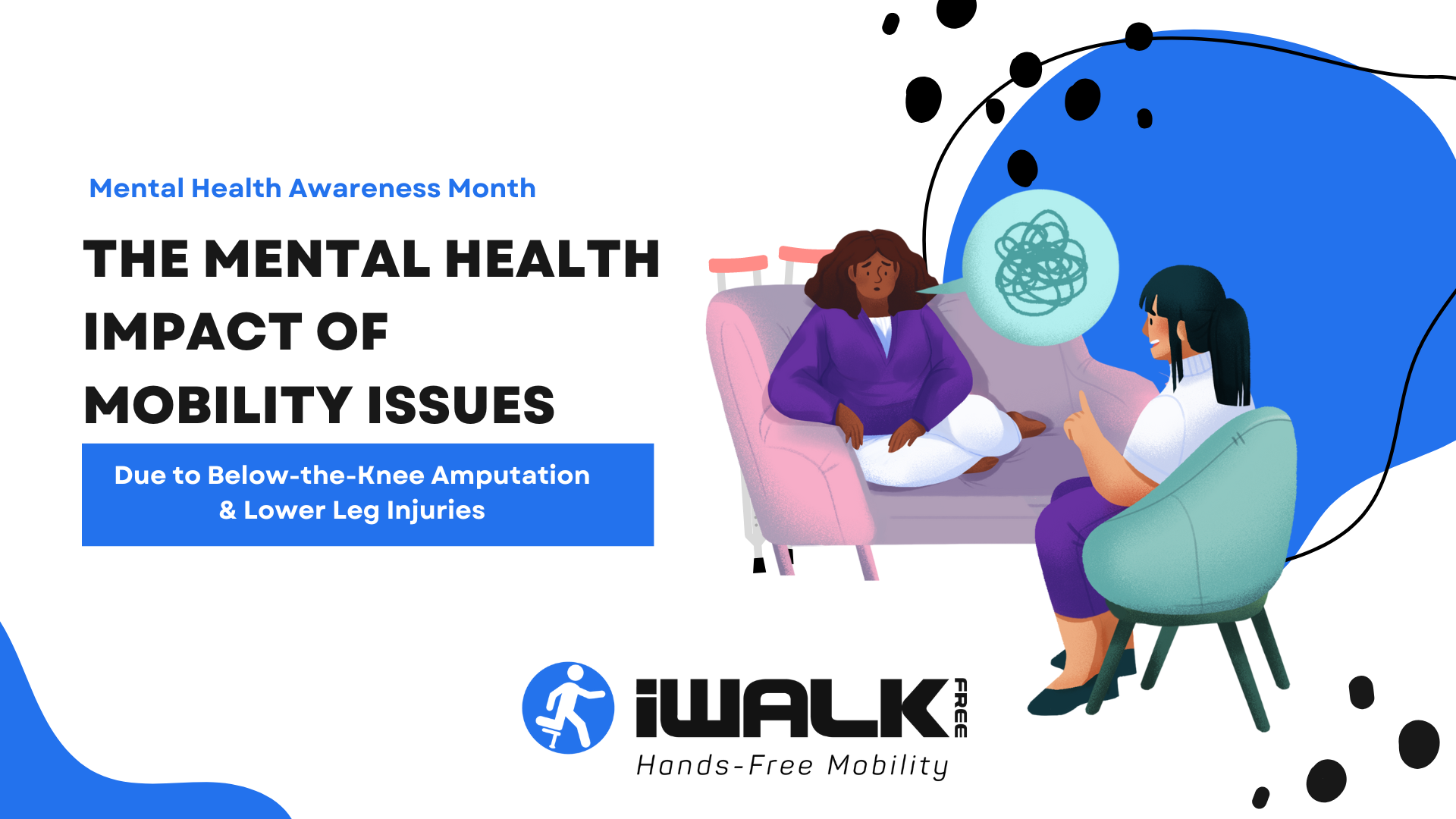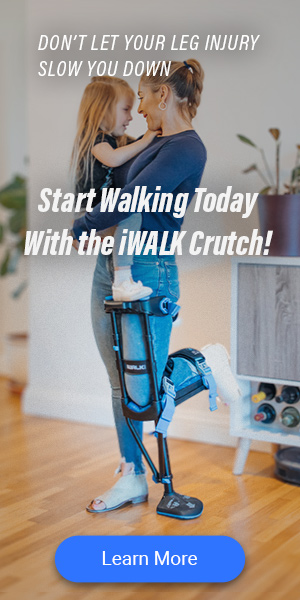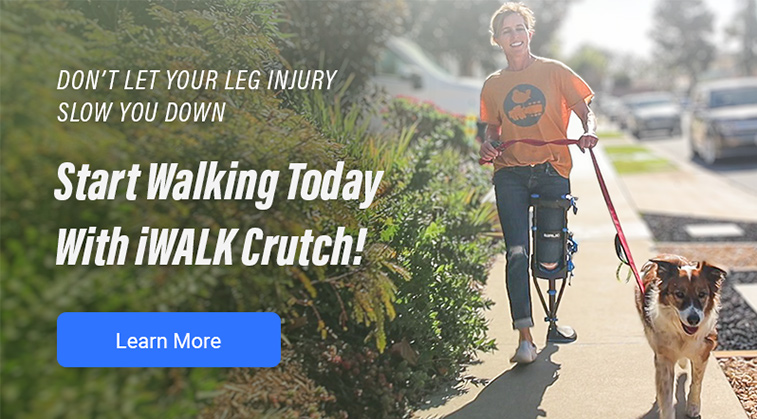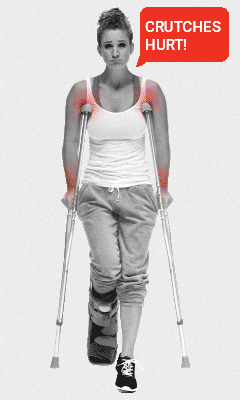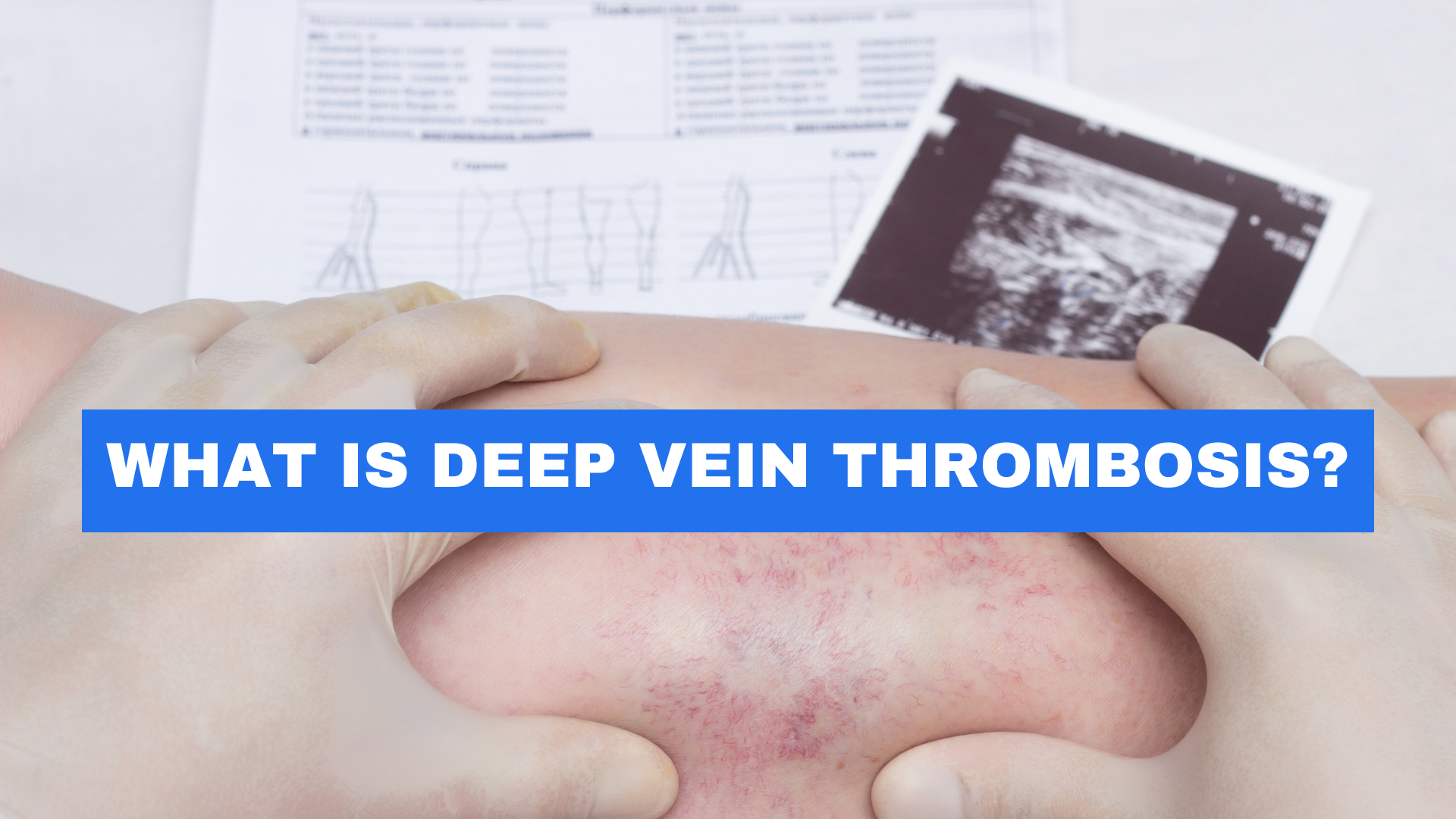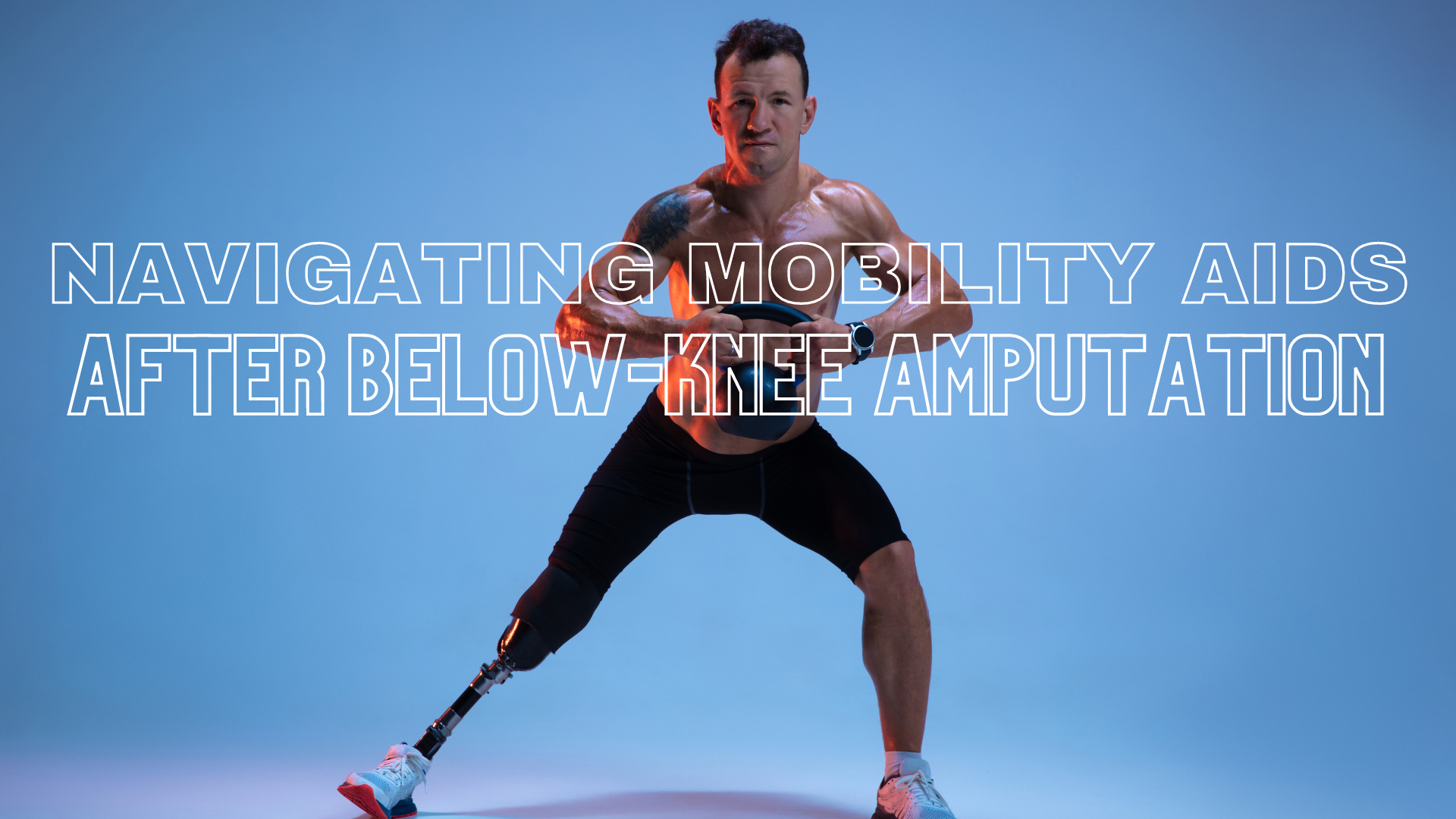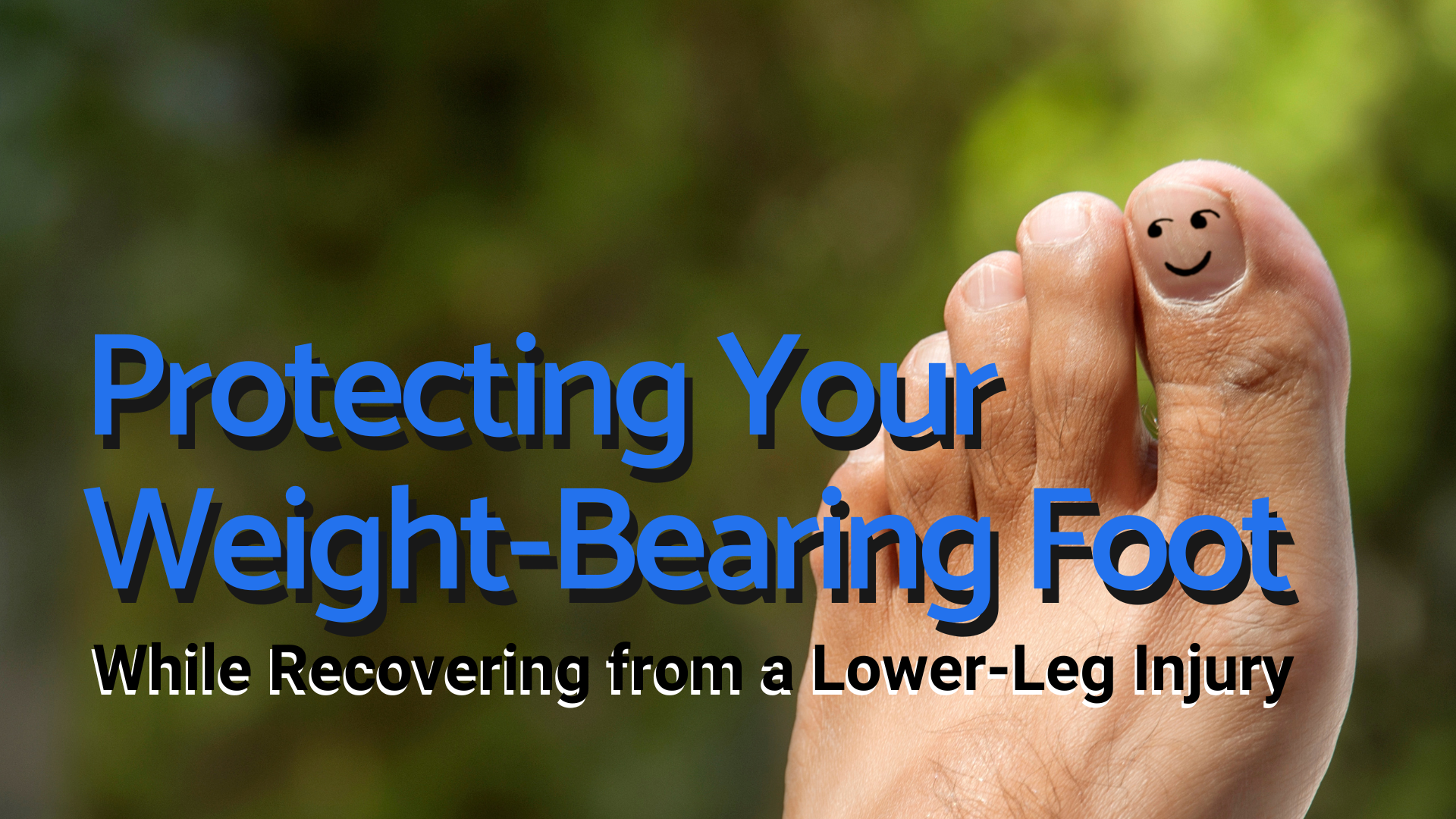Mobility is an essential aspect of daily life that enables individuals to engage in various activities, including work, leisure, and socializing. However, mobility loss resulting from below-the-knee amputation or lower-leg injuries can significantly impact an individual’s physical and mental well-being. While the biological effects of mobility loss are evident, the emotional toll of losing the ability to move freely is often overlooked. Let’s shed light on the link between mobility issues and mental health and provide insights into managing the emotional toll of mobility loss.
The Link Between Mobility and Mental Health
Mobility issues resulting from lower leg injuries or below-the-knee amputation can profoundly impact an individual’s mental health. Studies have shown that reduced mobility can lead to depression, anxiety, and other mental health issues. One study by the University of Edinburgh found that individuals with lower limb amputations were three times more likely to experience depression than those without amputations.1 Furthermore, the study revealed that individuals with lower limb amputations had higher levels of anxiety and reduced quality of life compared to those without. There is a notable link between mobility and mental health for people with lower leg injuries. The impact of lower leg injuries on an individual’s mobility can lead to various psychological consequences, including depression, anxiety, and post-traumatic stress disorder (PTSD). Studies have shown that these mental health problems are common among individuals who have experienced traumatic physical injuries, often resulting in changes in physical health and function.2
The restriction of mobility due to lower leg injuries can result in feelings of frustration, helplessness, and decreased self-esteem. Being unable to engage in regular physical activities, sports, or hobbies can lead to isolation and reduced quality of life. The loss of independence and the need for assistance with daily tasks may also contribute to psychological distress.
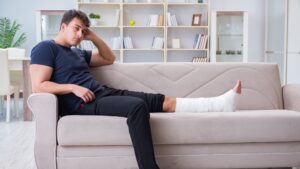
How to Manage the Emotional Toll of Mobility Loss
Coping with mobility loss can be challenging, but there are ways to manage the emotional toll. Firstly, it is crucial to seek support from loved ones and professionals, such as counselors or therapists. According to Forbes Health, Primary care providers (PCPs) offer mental health screenings and referrals to specialists, such as psychiatrists and psychologists, to support patients and their families.4 Participating in support groups with individuals who have gone through similar experiences can also be beneficial. Focusing on new hobbies and interests can be an excellent way to shift attention away from mobility loss and onto new experiences.
The impact of mobility restrictions due to lower leg injuries is not limited to the younger generations. Older generations also experience a similar decline in mental health when faced with mobility limitations. According to a study on the impact of severe low back pain (LBP) in relation to mobility disability, the severity of LBP increases with advancing age and is a strong contributor to mobility disability.5 This suggests that older individuals who already have age-related mobility challenges may experience a compounded negative effect on their mental health when faced with additional lower-leg injuries and restrictions.
Addressing these mental health challenges requires a comprehensive approach that focuses on both physical rehabilitation and psychological support. Rehabilitation programs should aim to restore mobility and functionality as much as possible, allowing individuals to regain their independence and engage in activities that bring them joy. A holistic approach that combines physical rehabilitation and psychological support is crucial to mitigate the negative impact on mental health. Also, when faced with mobility restrictions, exploring innovative mobility aid alternatives can be instrumental in enhancing one’s physical capabilities and overall well-being. These alternative mobility aids offer an opportunity for individuals to regain a level of independence and engage in activities that may have been limited due to their mobility loss. The iWALK hands-free crutch, for instance, provides hands-free mobility, allowing individuals to navigate their surroundings with greater ease and freedom.
More Than Hands-Free: The iWALK Crutch
The iWALK hands-free crutch can play a significant role in improving the mental health of individuals who have below-the-knee amputations or are recovering from lower-leg injuries. First and foremost, the crutch provides a sense of independence and mobility, allowing individuals to move around freely without relying on others for assistance. This newfound freedom can have a positive impact on their mental well-being by reducing feelings of helplessness, frustration, and isolation that often accompany limited mobility. It also enables users to engage in various physical activities, such as walking, climbing stairs, or even walking the dog.
Physical activity is known to release endorphins, the body’s natural mood-boosting chemicals, and improve overall mental health. By facilitating movement and encouraging individuals to stay active, the iWALK promotes a sense of accomplishment, self-esteem, and positivity.
Another crucial aspect is the crutch’s design, which allows individuals to maintain an upright posture while using their hands freely without the pain of conventional crutches. This not only ensures proper weight distribution and minimizes strain on the upper body, but it also helps individuals maintain a positive body image and self-confidence. Having an enhanced body image can positively impact mental health by reducing self-consciousness and improving overall self-esteem.
Furthermore, the iWALK crutch promotes social interaction and integration. By enabling individuals to move around more easily, they can participate in social activities and engage with friends, family, and the community. Social connections are essential for mental well-being, as they provide emotional support, reduce feelings of loneliness, and foster a sense of belonging. Often called a “pirate-leg,” the iWALK is a conversation starter.
Lastly, the iWALK crutch’s intuitive and user-friendly design can alleviate the frustration and stress associated with learning to use crutches. Its hands-free operation eliminates the need to coordinate movements between hands and crutches, making it easier and less cumbersome to navigate daily activities. This ease of use can reduce anxiety and boost confidence in individuals during their recovery or adjustment period.
According to Harvard Health Publishing, it’s recommended that you consider what motivates you to move—for instance, what gets you up in the morning. It might be family, social connections, volunteer work, shopping, cultural experiences, enjoying nature, or walking a dog. Building more of these motivating experiences into your life to maintain your emotional and physical health is important and can be done by establishing some daily and weekly routines. Even following a schedule helps you stay active even when your mood or motivation wavers.5 Using an iWALK crutch can help you stay active and engaged in all of these fulfilling experiences.
Overall, the iWALK hands-free crutch can have a positive impact on the mental health of individuals with below-the-knee amputations or lower-leg injuries. By providing independence, promoting physical activity, enhancing body image, facilitating social interaction, and reducing frustration, this innovative mobility device offers psychological benefits that can significantly improve the well-being and overall mental health of its users. Get your iWALK hands-free crutch today!
Sources
- Morgan, S. J., & Emberton, M. (2004). Lower limb amputations: a review of the psychosocial effects Journal of the Royal Society of Medicine, 97(8), 381-384. doi:10.1258/jrsm.97.8.381
- Kellezi, B., & al, et. (2017, July). The impact of psychological factors on recovery from injury: A multicentre cohort study. Social psychiatry and psychiatric epidemiology. https://www.ncbi.nlm.nih.gov/pmc/articles/PMC5504249/
- Forbes Magazine. (2023, February 22). Maintaining mental health through mobility loss. Forbes. https://www.forbes.com/health/senior-living/mobility-loss-and-mental-health/
- Low back pain with mobility deficit. Physiopedia. (n.d.). https://www.physio-pedia.com/Low_Back_Pain_With_Mobility_Deficit
- Mind, mood and mobility. Harvard Health. (2021, May 27). https://www.health.harvard.edu/healthbeat/mind-mood-and-mobility

